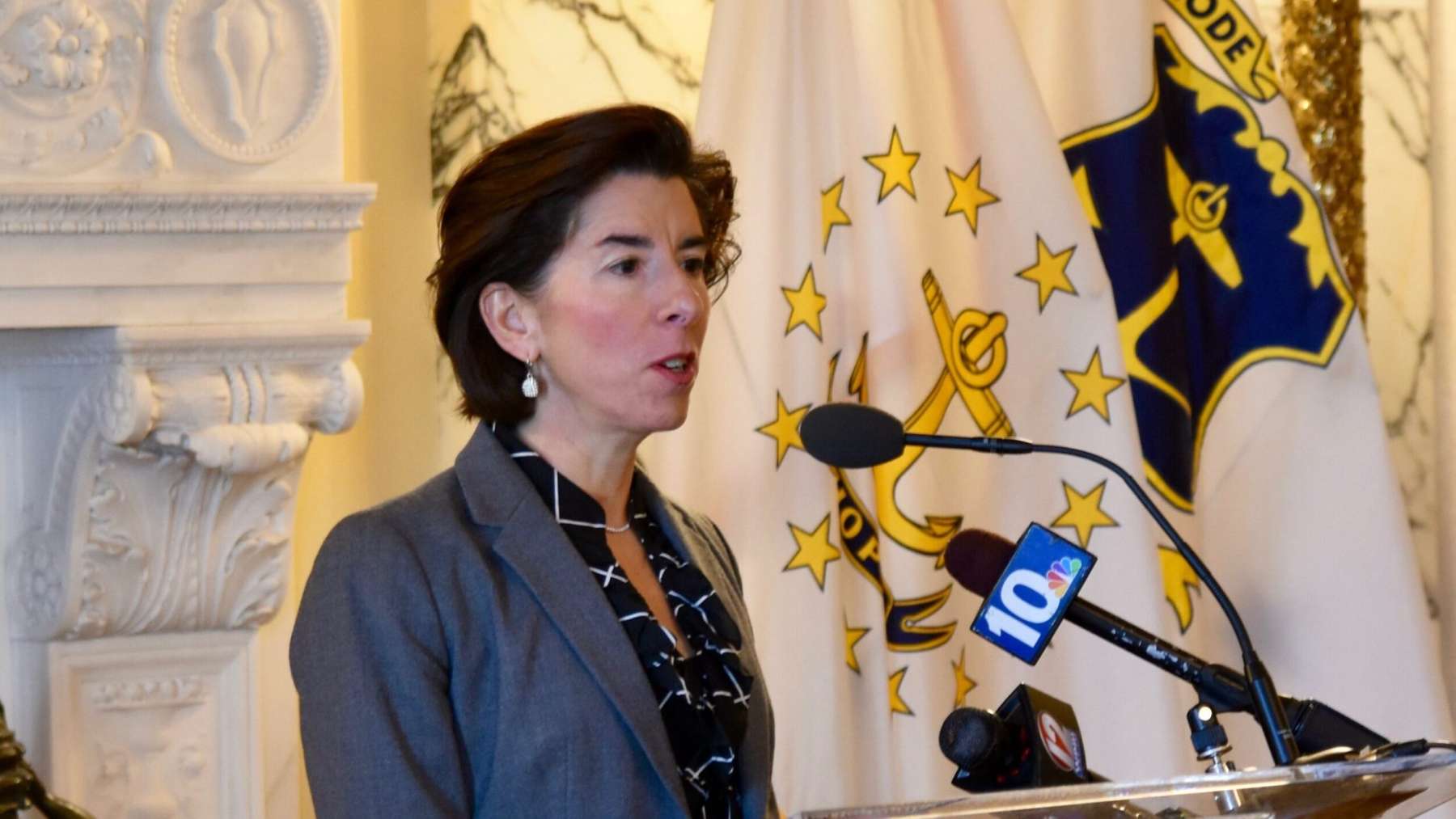While cutting $58.7M from Medicaid, Raimondo budget gives $15.7M to insurance companies
“When we’re pushing brutal Medicaid cuts, we just can’t afford to give extra money to insurance companies – especially not when it comes with an initiative to encourage them to cut spending on actual care,” writes Rhode Island State Senator Samuel Bell (Democrat, District 5, Providence). One of my biggest concerns with Rhode Island Governor Gina Raimondo‘s proposed budget is
February 6, 2020, 3:19 pm
By Sam Bell
“When we’re pushing brutal Medicaid cuts, we just can’t afford to give extra money to insurance companies – especially not when it comes with an initiative to encourage them to cut spending on actual care,” writes Rhode Island State Senator Samuel Bell (Democrat, District 5, Providence).
One of my biggest concerns with Rhode Island Governor Gina Raimondo‘s proposed budget is the deep cuts to Medicaid – $58.7M in cuts that only “save” the state $20.2M because of lost federal funds. The most common excuse for these cuts is that the budget picture is bad, and we have not choice but to do this. That’s why I want to highlight a choice this budget makes in the Medicaid budget to spend $15.7M on a bailout for insurance companies, $5.4M of which comes from state money.
That choice is spelled out in this line item in the Senate Fiscal Office First Look budget analysis:

This line of budget jargon could mean a lot of things. Initially, I was concerned that this might be an effort to force providers into a horrific payments model known as “full risk capitation,” something the Raimondo administration has been trying (and mostly failing) to push our healthcare system towards. Fortunately, it doesn’t seem to be quite so bad. Instead, it’s just an initiative to give more public money to insurance companies. In a handout given to the Senate Finance Committee on Tuesday, they lay out the plan in more detail:

To understand what they’re proposing, you have to understand something downright weird about health policy in our state: Medicaid in Rhode Island is privatized. For most Medicaid patients in Rhode Island, Medicaid contracts out to a private insurance company, usually United Health or Neighborhood Health Plan. A handful of patients are on the Tufts health insurance company, but it’s mostly United and Neighborhood. United and Neighborhood are designated as what are known as “Managed Care Organizations” or “MCOs.”
What “managed care” means is that they monkey around with the way healthcare gets paid for to try to save money, efforts that typically boil down to extra bureaucracy and rationing of care. The details are extraordinarily complicated, and I’ll dig into these efforts and exactly why they’ve been such a royal mess in Rhode Island in a future post. But basically, the key thing to know is that “MCO” is a euphemism for the insurance companies that run our privatized Medicaid system.
Currently, these insurance companies that run our Medicaid system have risk-sharing protections that keep them from bearing the full risk of higher costs. The idea behind these provisions is to keep the insurance companies from trying too aggressively to deny care. However, the Raimondo administration wants the insurance companies to pursue “cost saving payment reform strategies,” so to incentivize that to happen, they want to make the insurance companies bear all the risk if they can’t cut costs.
It would be one thing if this were a way to spend less money on the insurance companies. But it’s the opposite. Because in order to make sure the insurance companies come out ahead, the idea is to just give them a lot more money up front – $15.7M to be precise. And that’s a budget projection that includes any savings to the state from reduced risk adjustment.
This budget is in brutal shape. When we’re pushing brutal Medicaid cuts, we just can’t afford to give extra money to insurance companies – especially not when it comes with an initiative to encourage them to cut spending on actual care. To help pay for canceling the Medicaid cuts, one easy way is to cancel this initiative to give more Medicaid money to insurance companies.






